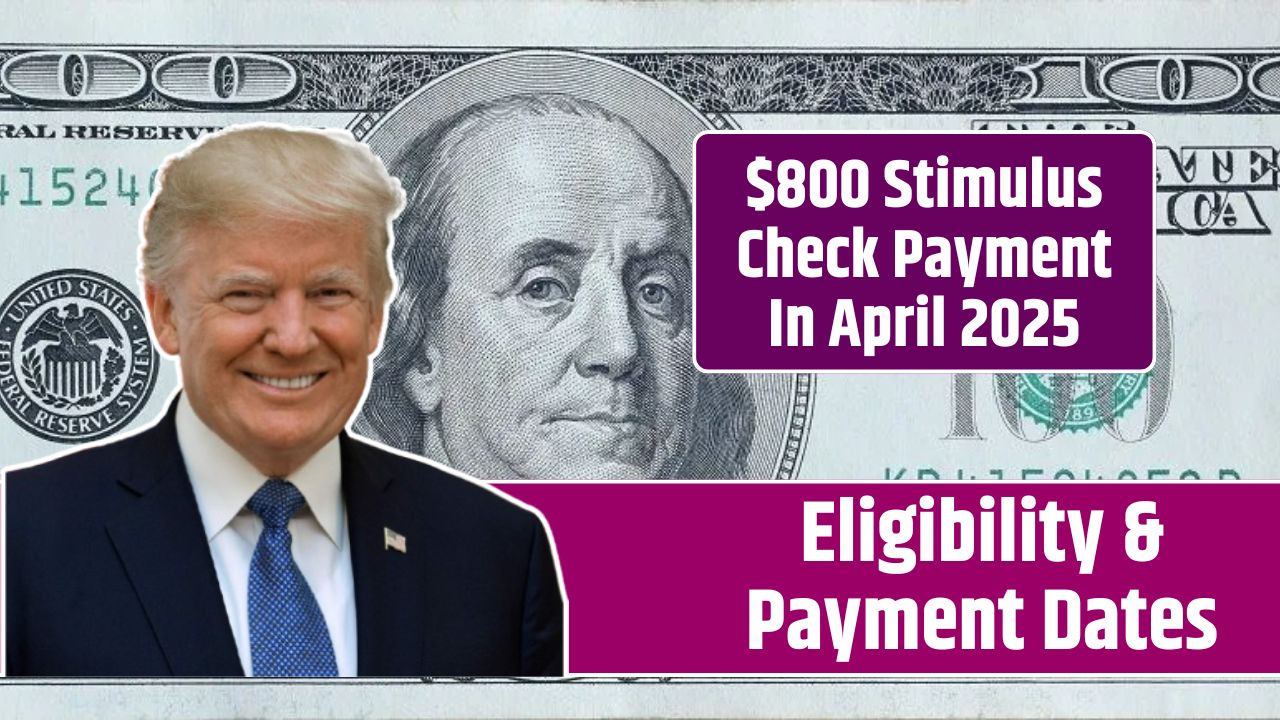In a sweeping policy move that’s set to reshape the immigration journey for thousands, the U.S. has paused Green Card processing for asylees and refugees starting April 2025. Though not aimed at any nationality specifically, this decision is hitting Indian nationals hard—especially those awaiting permanent residency after seeking asylum.
If you’re among those caught in this unexpected freeze, this guide breaks down what’s happening, why it’s happening, and what you can do right now to stay ahead.
Pause
The U.S. Department of Homeland Security (DHS) has temporarily halted the processing of Form I-485 applications for refugees and asylum seekers. This pause is reportedly part of a broader national security review, focusing on updated vetting protocols and fraud prevention.
Policy Change
| Aspect | Details |
|---|---|
| Policy Change | Pause on Green Card processing for asylees and refugees |
| Effective Date | April 2025 |
| Key Form Affected | Form I-485 (Adjustment of Status) |
| Who’s Affected | Refugees and asylum seekers, especially from high-volume countries |
| Specific Impact | Thousands of Indian nationals facing delays |
| Reason | Security reviews, fraud detection, system restructuring |
| Estimated Delay | 12–24 months (and possibly longer) |
| Official Resource | USCIS.gov |
Surge
So why is India in the spotlight? The surge in asylum applications from Indian nationals has been both rapid and significant. According to TRAC Immigration:
- Over 51,000 Indian asylum claims were filed in 2023
- That’s a 466% jump since 2018
- India now ranks among the top 10 countries for asylum filings
Many applicants flee religious persecution, caste violence, political targeting, or gender-based discrimination—issues that make their asylum claims both valid and urgent.
Delays
This pause isn’t just a procedural hiccup—it’s a life disruption. Here’s what it means for those waiting on their Green Card:
Backlogs
Form I-485 processing is now delayed by 12 months or more, possibly up to 24 months depending on case volume and state.
Work Permit Problems
Many applicants rely on Employment Authorization Documents (EADs). Renewals are taking longer, and some people are losing work because of expired documents.
Travel Complications
Advance Parole travel permits are harder to secure. Leaving the U.S. without one can cause your case to be canceled.
Mental Toll
The psychological stress from prolonged uncertainty is real. Green Cards symbolize stability, and without that security, many are stuck in limbo.
Action
What can Indian asylum seekers do during this pause?
- Update Everything: Keep your EAD, travel permits, and USCIS mailing address current.
- Track Your Case: Use USCIS.gov to follow updates and messages.
- Get Legal Advice: Ask about options like TPS, Humanitarian Parole, or expedited review if you have urgent needs.
- Avoid Risky Travel: Do not leave the U.S. without proper authorization—consult your lawyer first.
Advocacy
Community groups aren’t staying silent. Organizations like SAALT, AILA, and RAICES are advocating for change, demanding:
- Transparency from DHS
- A processing timeline for pending Green Cards
- Mental health support for affected families
These groups stress that the pause unfairly targets vulnerable people who’ve already experienced trauma and deserve stability—not more chaos.
Pros
- Better fraud prevention
- Stronger background checks
- System improvements
Cons
- Longer separation from family
- Loss of trust in U.S. immigration fairness
- More pressure on already overloaded courts
The DHS says the pause will be reviewed every 60 days, but there’s no firm date for full reinstatement.
Tips
Here’s how to stay ahead during this uncertain time:
| Tip | Why It Matters |
|---|---|
| Save All USCIS Notices | Track your case and avoid missing deadlines |
| Keep ID and Permits Updated | Prevent gaps in work or travel authorization |
| Use Digital Backups | Store documents securely in cloud-based folders |
| Join Community Groups | Get info and support through local or online networks |
Being proactive is your best bet. Stay informed, stay organized, and stay connected.
FAQs
Who is affected by the Green Card pause?
Refugees and asylum seekers, especially high-volume applicants.
How long is the Green Card delay?
Expect 12 to 24 months or longer for processing.
Can I travel outside the U.S. now?
Not without Advance Parole—travel may risk your case.
Are work permits still being issued?
Yes, but renewals may face delays during the pause.
Where can I track my application?
Log in to your USCIS.gov account for real-time updates.

















